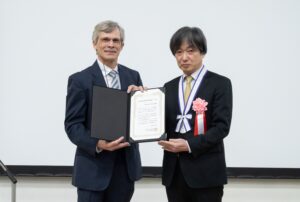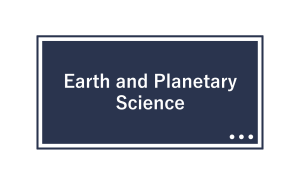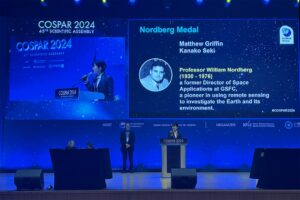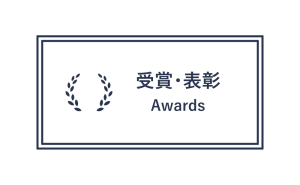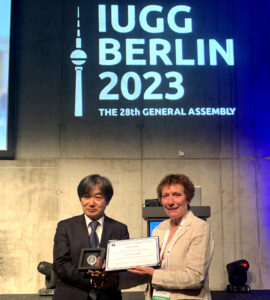Professor Shogo Tachibana receives the 2025 Commendation for Science and Technology by the Minister of Education, Culture, Sports, Science and Technology, Prizes for Science and Technology (Research Category).
Disclaimer: machine translated by DeepL which may contain errors.
Professor Shogo Tachibana of UTokyo Organization for Planetary and Space Science (UTOPS) has received the Prizes for Science and Technology (Research Category) of the Commendation for Science and Technology by the Minister of Education, Culture, Sports, Science and Technology for 2025. We would like to extend our sincere congratulations to him.
Professor Tachibana’s contribution, as encapsulated in the award title “The Exploration of Asteroid Ryugu and Advanced Research on the Chemical Evolution of the Solar System”, represent a rare combination of his steadfast leadership in the exploration project and his scientifically sharp research. Professor Tachibana played a central role throughout all phases of the asteroid probe Hayabusa2, from mission planning to sample analysis, ultimately offering a novel perspective on the chemical evolution of the solar system.
What stands out most is his clear articulation of the scientific importance of exploring C-type asteroids. Today, the value of such missions is widely acknowledged, but in the early stages, there was considerable skepticism. One prevailing criticism was: “Because the C-type asteroid targeted by Hayabusa2 has undergone aqueous alteration, it has lost the pristine information from the solar system’s earliest days. Compared to unaltered bodies like comets, its scientific value is lower.” In response, Professor Tachibana published a compelling paper arguing that it is precisely because aqueous alteration occurred that H₂O was transformed into stable hydrated minerals, enabling its large-scale transport into the warm terrestrial planet-forming region. Aqueous alteration is thus a key process in the early solar system’s material transport and in the formation of planetary hydrospheres. The exploration of C-type asteroids is of the highest scientific value. His argument was highly persuasive, giving confidence to us on the remote sensing team as we proceeded with our observations. This argument was embraced by the subsequent OSIRIS-REx mission, showing that it had gained international traction.”
I believe that this award is the result of such excellent research and many years of dedication by Professor Tachibana. We sincerely wish him continued success in his future endeavors.
(Responsibility: Professor Seiji Sugita, Department of Earth and Planetary Science)
School of Science, UTokyo:https://www.s.u-tokyo.ac.jp/en/info/10771

